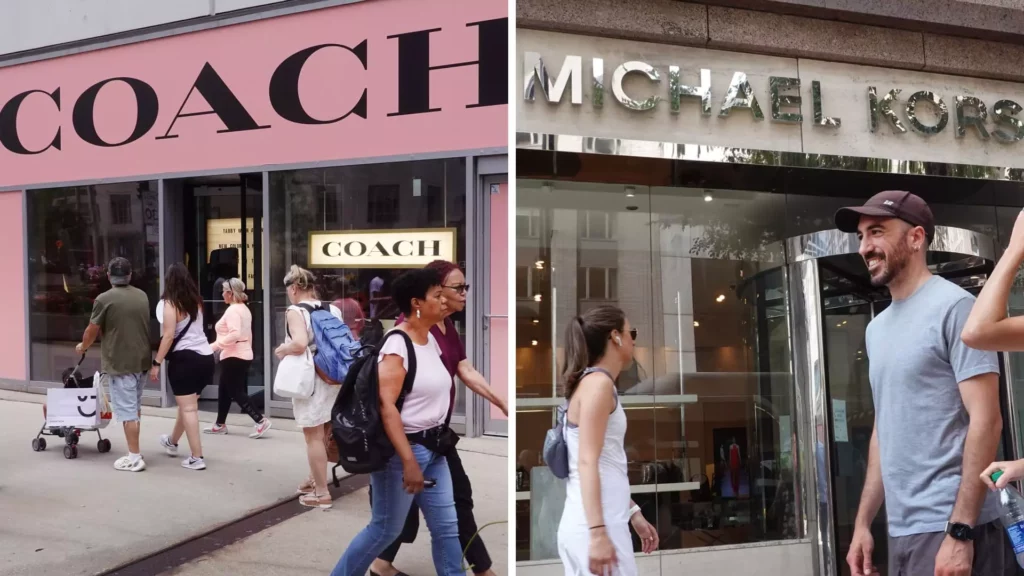![]()
The recent news of the U.S. Federal Trade Commission suing to block the $8.5 billion acquisition of Capri Holdings by Coach and Kate Spade’s parent company, Tapestry, has sent shockwaves through the luxury retail industry. The move by regulators has put a temporary halt to a deal that would see six major fashion brands consolidated under one company. This development has raised concerns about the potential impact on competition in the marketplace.
If the acquisition were to proceed, Tapestry and Capri would create a formidable presence in the luxury retail sector, putting them in a stronger position to compete with European luxury giants like Burberry and LVMH’s Louis Vuitton. The combined companies would have a significant annual revenue of over $12 billion and reach customers across more than 75 countries. This consolidation of power has raised antitrust concerns among regulators, prompting the FTC to take action.
Both Tapestry and Capri have been facing challenges in the retail landscape, with changing consumer preferences and economic uncertainties impacting their businesses. Capri, in particular, has been more vulnerable due to its heavy reliance on department stores and wholesale retailers. On the other hand, Tapestry has been focusing on strengthening its brand and retail channels to adapt to the evolving market conditions.
Under the leadership of CEO Joanne Crevoiserat, Tapestry has implemented strategic initiatives to enhance the profile of Coach’s brand and attract a younger customer base. By emphasizing fashion and loyalty over discounts, the company has sought to drive higher sales and profits. Tapestry’s strong presence in e-commerce and direct retail channels has been a key factor in its performance, with wholesale accounting for a smaller portion of its overall sales.
Following the news of the FTC’s intervention in the acquisition deal, the stock performance of Tapestry and Capri has diverged. While Tapestry’s shares have seen an increase of about 10% this year, Capri’s stock has declined by approximately 24% over the same period. Investors are closely monitoring the situation and awaiting further updates on the outcome of the regulatory review.
As the story continues to develop, stakeholders in the luxury retail industry are watching closely to see how Tapestry and Capri navigate the regulatory challenges and potential implications for their businesses. The final resolution of this issue will have far-reaching impacts on the competitive landscape of the luxury retail market.

Leave a Reply